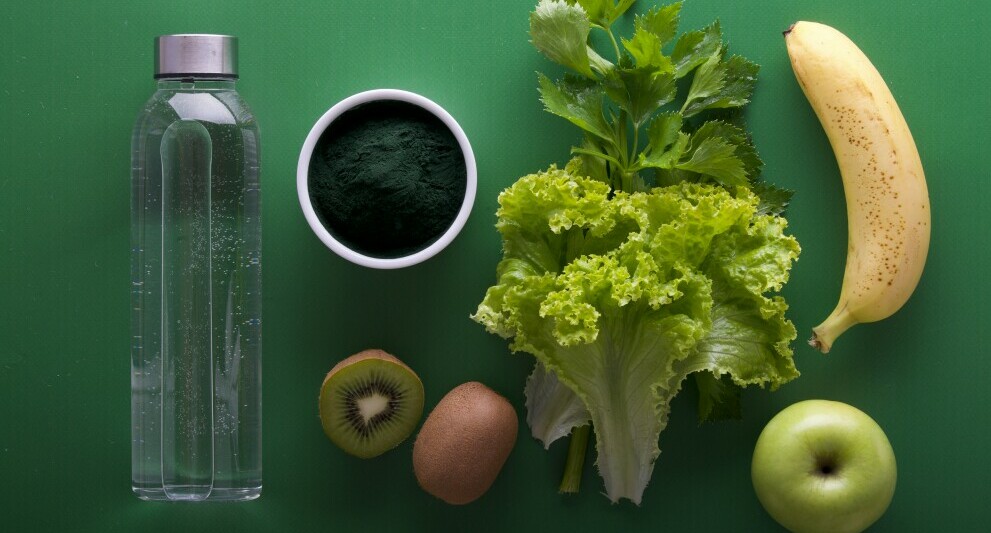
You know the sport demands a lot from your body. It’s not just about the skills on the ball but also ensuring you have the stamina and energy to last the full 90 minutes – and sometimes beyond. But have you ever considered how much your diet influences your performance on the pitch?
Soccer is a high-intensity, endurance sport that requires you to maintain a blend of speed, strength, and agility. To meet these demands, your body needs the right fuel. That’s why understanding nutrition is crucial for any serious player. Think of your body as a high-performance engine; what you put into it will directly affect how it runs.
Your diet impacts everything from how quickly you recover after a game to how much energy you have during practice. And it’s not just about eating healthy; it’s about eating smart. It’s essential to tailor your nutrition to your activity level, ensuring you consume the right quantities and proportions of nutrients.

Carbohydrates, proteins, and fats are key players in a soccer athlete’s diet. However, it’s not as simple as just filling your plate with these macro-nutrients. You need to understand how to leverage them for peak performance. Carbohydrates are crucial because they’re your body’s main source of fuel during high-intensity .The roles of macronutrients like carbs and protein are not just important, but necessary for your energy stores, and how proteins contribute significantly to muscle recovery and repair. Remember, preparing your body for soccer is not just about the physical training’.


